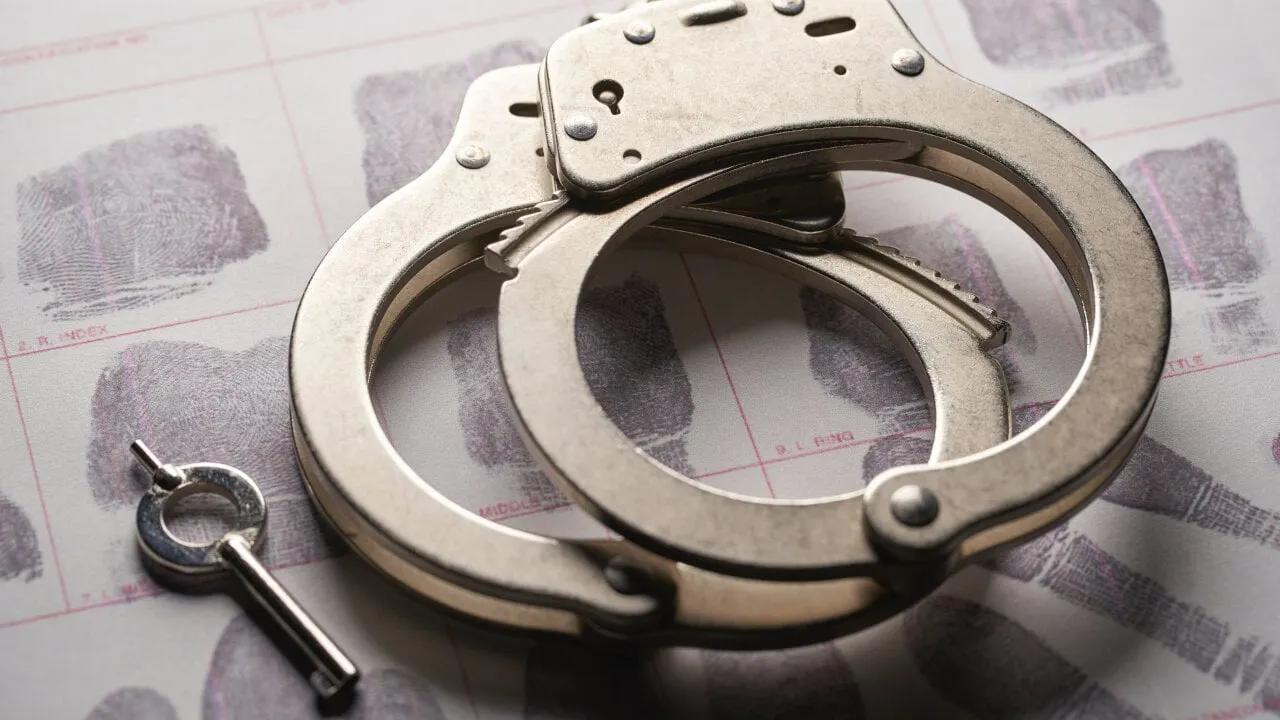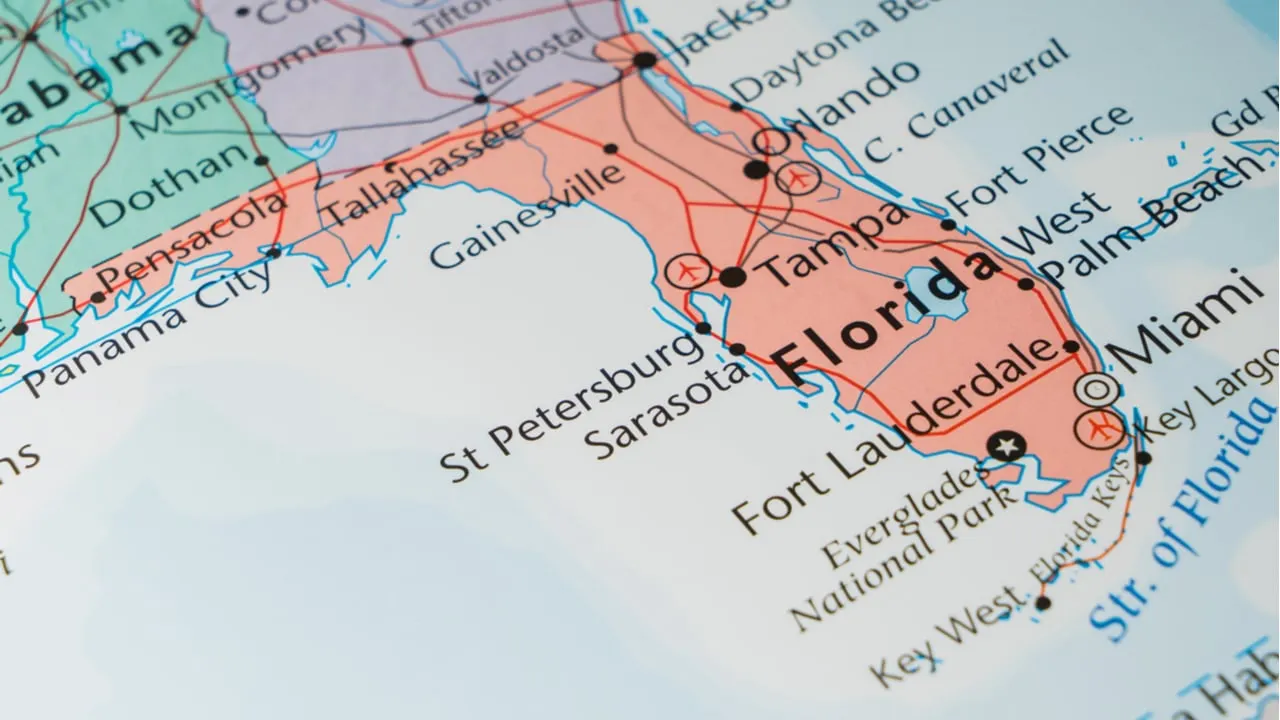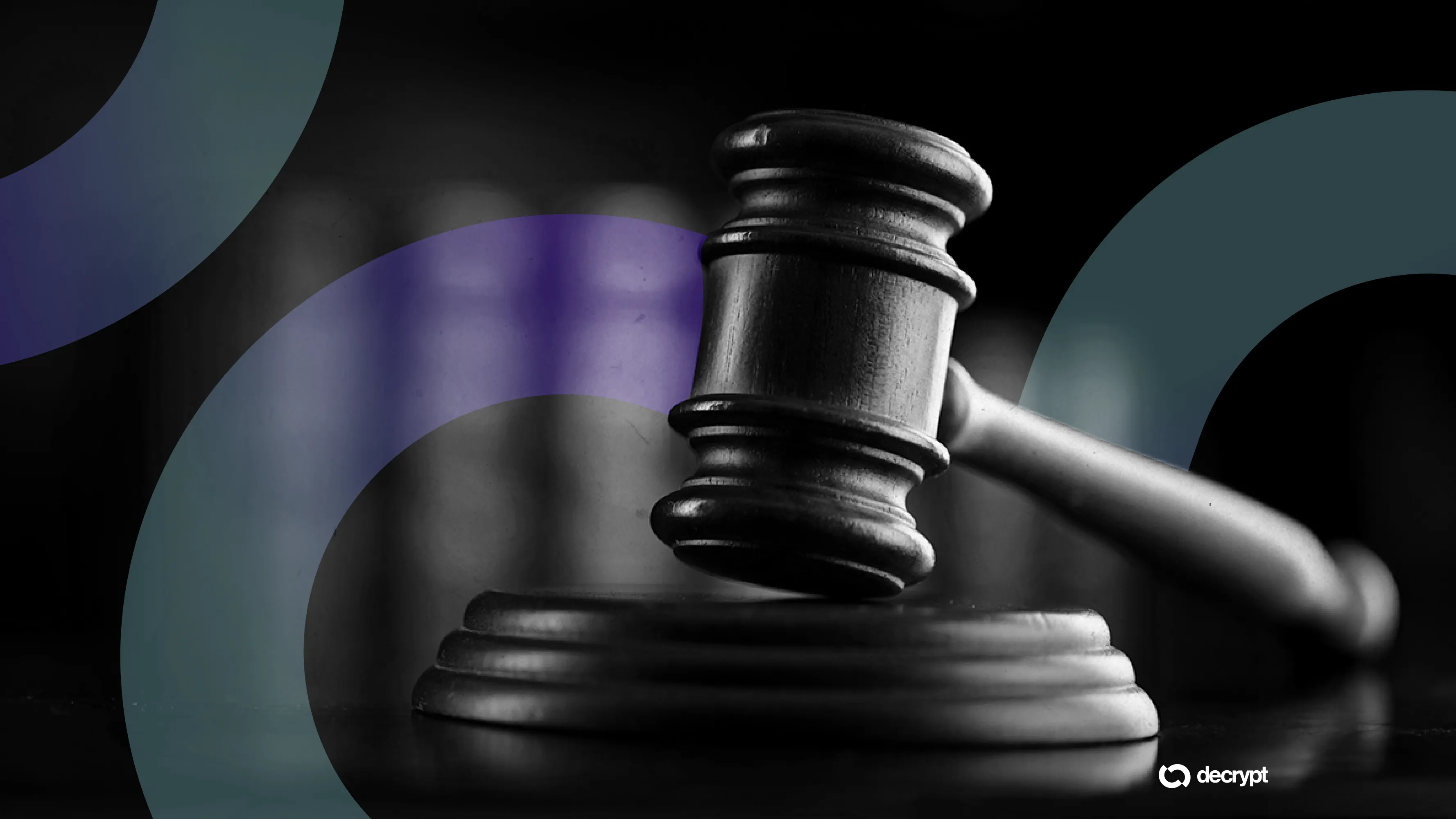In brief
- Florida joins at least seven states in rejecting Bitcoin reserve bills in 2025.
- Legislative support is thinning, with most proposals stalling before a floor vote.
- Texas and New Hampshire remain the top contenders, still pushing forward.
Florida’s attempt to back its treasury with Bitcoin has fizzled.
Two bills, HB 487 and SB 550, that sought to allocate up to 10% of select public funds to Bitcoin were officially pulled as the state’s legislative session closed on May 3.
Both were “indefinitely postponed and withdrawn from consideration,” ending Florida’s crypto reserve effort without a vote on either floor.
The failure places Florida alongside a group of states that have recently rejected or abandoned efforts to establish strategic Bitcoin reserves, despite heightened national attention on the policy since President Donald Trump’s pledge.
Arizona, Oklahoma, South Dakota, Montana, North Dakota, Pennsylvania, and Wyoming have all rejected crypto treasury legislation this year, many of them after bills had advanced out of early committees.
In some cases, like Arizona, legislation cleared both chambers before being vetoed by the state’s governor.

Florida Woman Accused of $850K Trump Solana Meme Coin Theft, Faces Deportation
A South Florida woman could face deportation after allegedly stealing over $850,000 worth of crypto from her ex-boyfriend. Maissa Jebali, 22, is accused of taking the substantial sum of Donald Trump's official Solana meme coin (TRUMP), from Anthony Bravo, a Miami man she had been dating for several months, according to a Miami Police Department affidavit. Following a tense squabble on Bravo's yacht, he discovered the alleged theft when he woke from a nap and checked his crypto accounts, the comp...
Governor Katie Hobbs blocked Arizona’s SB 1025 last week, calling it an inappropriate risk for pension systems.
“Retirement funds are not the place to experiment with untested assets,” she wrote at the time.
The bill’s co-sponsor, Senator Wendy Rogers, was quick to condemn the decision and has already vowed to bring the bill back next session, saying, “Arizona needs Bitcoin.”
“If she vetoes it again, I am sure Governor Andy Biggs will be happy to take credit for signing the bill for this already proven (16 years!) innovation that will protect our wealth,” Rogers tweeted last Saturday.
Arizona, which led the legislative pack, still has a separate bill, SB 1373, on Governor Hobbs’ desk. Unlike SB 1025, it focuses on custody rather than investment and may yet be signed into law.
One by one
In Oklahoma, a strategic reserve bill passed one committee by a wide margin but was struck down in a 6–5 vote by the Senate Revenue and Taxation Committee on April 29.
Senator Christi Gillespie flipped to a “yes” vote after hearing from constituents, but the bill failed anyway.
South Dakota’s HB 1202 was rejected in February in a 9–3 vote, with lawmakers expressing concerns about Bitcoin’s volatility.
Montana’s House Bill 429, meanwhile, was defeated days earlier in a 59–41 floor vote despite being framed as a diversification strategy. North Dakota’s HB 1184 met a similar fate, falling short in February by 57–32.
The legislative setback in Pennsylvania came without drama; the crypto investment bill introduced in late 2024 never advanced.

Arizona Governor Nixes Bitcoin Bill, Companion Crypto Fund Still in Limbo
Arizona Governor Katie Hobbs on Friday vetoed Senate Bill 1025, known as the "Arizona Strategic Bitcoin Reserve Act," blocking a legislative push to allow state treasurers and retirement systems to allocate up to 10% of state funds into Bitcoin and other crypto. In a letter addressed to Senate President Warren Petersen, Hobbs said the Arizona State Retirement System is “one of the strongest in the nation” due to “sound and informed investments,” and that “retirement funds are not the place” to t...
Wyoming’s effort was also voted down in committee, with just one lawmaker supporting it.
Even Utah, considered an early frontrunner, amended its own blockchain bill to strip out a key provision that would have allowed the state treasurer to invest in digital assets. The final version passed without it.
That’s a sharp turn from just weeks ago, when more than 45 Bitcoin reserve bills had been introduced in over two dozen states.
As of early May, only 36 remain active in 19 states, according to data compiled by Bitcoin reserve tracker BitcoinLaws.
Texas and New Hampshire remain the most viable contenders, with both states’ legislatures advancing their Bitcoin reserve proposals.
With legislative calendars closing, many of the remaining proposals are now racing against the clock. Others, like Rogers’, are preparing for round two.
Edited by Sebastian Sinclair




